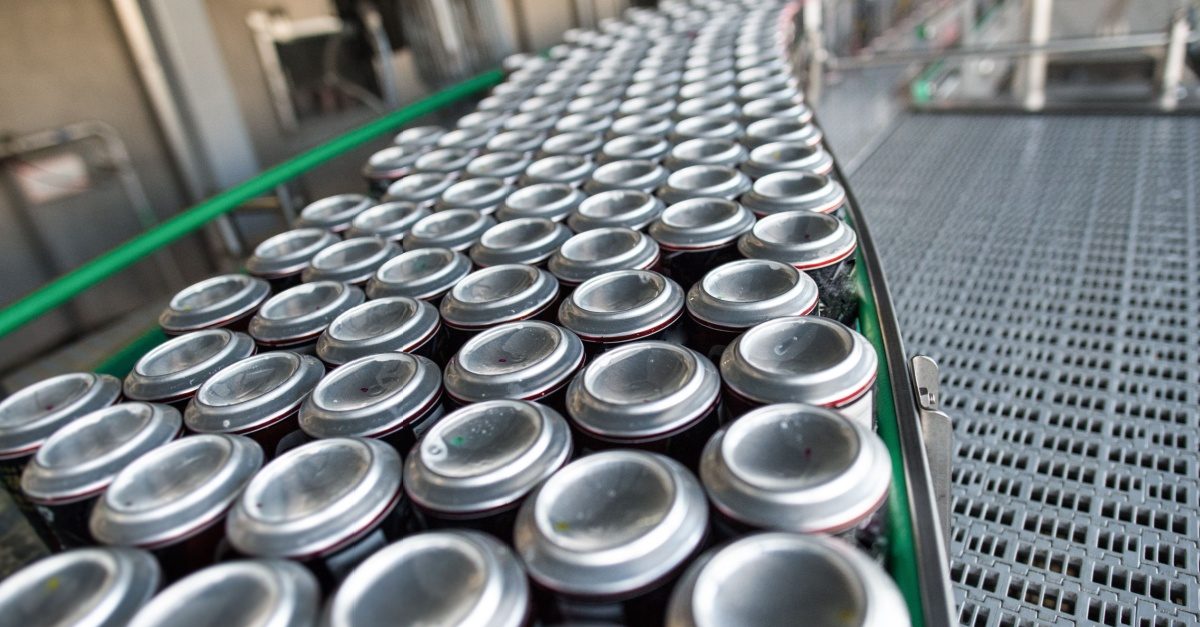
The Future Of Consumer Product Manufacturing: From Mass Production To Mass Customisation
The manufacturing industry is on the cusp of a significant transformation, moving away from traditional mass production methods and towards a future driven by mass customisation. As consumer expectations evolve, so do the demands for personalised products, faster delivery times, and more sustainable manufacturing processes. Companies are now looking for ways to cater to individual preferences on a large scale without compromising efficiency. The shift from mass production to mass customisation is rapidly reshaping the future of consumer product manufacturing.
The Decline of Mass Production
Mass production has long been the foundation of manufacturing, providing companies with the ability to produce large volumes of standardised products at low costs. This model, however, is becoming less effective in today’s market. Consumers now seek more personalised and unique items, ranging from custom-made furniture to tailored clothing. As a result, the demand for products that reflect individual preferences is steadily increasing.
The Rise of Mass Customisation
Mass customisation represents the future of manufacturing, where businesses can offer personalised products on a large scale. Advances in technology such as 3D printing, AI-driven design tools, and automated manufacturing systems allow companies to create tailored items efficiently. These technologies enable manufacturers to maintain the cost advantages of mass production while delivering individualised products.
Customisation can occur at various stages of production, whether in the design phase, the assembly process, or even during the packaging stage. Companies like Adaptive Innovations are driving this trend by creating new solutions that allow businesses to adjust production lines quickly to accommodate different consumer preferences. This flexibility is key to meeting the growing demand for customised goods without sacrificing production efficiency.
Benefits for Both Consumers and Manufacturers
For consumers, mass customisation brings an entirely new shopping experience. Instead of settling for off-the-shelf products, individuals can now customise everything from the colour and material to the size and design of their purchases. This not only creates a more personalised experience but also builds stronger brand loyalty.
For manufacturers, mass customisation opens the door to increased profitability. Additionally, adaptive manufacturing technologies allow companies to optimise their supply chains, minimise waste, and improve production times. The integration of smart systems also helps to create a more agile and responsive production environment, ensuring companies can quickly pivot to meet changing consumer demands.
The Role of Technology in Mass Customisation
As manufacturing continues to shift towards customisation, advanced technologies will play an essential role. The use of robotics and automation in production lines allows for greater flexibility in product design and assembly. Artificial intelligence is also transforming product development, enabling manufacturers to analyse consumer preferences and trends in real-time. This data-driven approach helps businesses anticipate demand and optimise production accordingly.
The future of consumer product manufacturing is moving towards a more personalised, efficient, and sustainable model through mass customisation. As technologies continue to advance, businesses can offer consumers greater flexibility and choice while maintaining the benefits of scale. Companies embracing cutting-edge solutions will be well-positioned to lead this transformation. To learn more, check out the graphic below.

Our unique and innovative manufacturing, operations and production planning training courses allow learners to use their practical work experience to help earn an accredited industry-recognised qualification. The IoSCM Manufacturing and Production Academy offers manufacturing qualifications from Level 2 to Level 7, from introductory production planning and scheduling training to advanced manufacturing operations. Speak with a member of our team to find out which course is right for you, or visit the manufacturing courses page on the website HERE.
